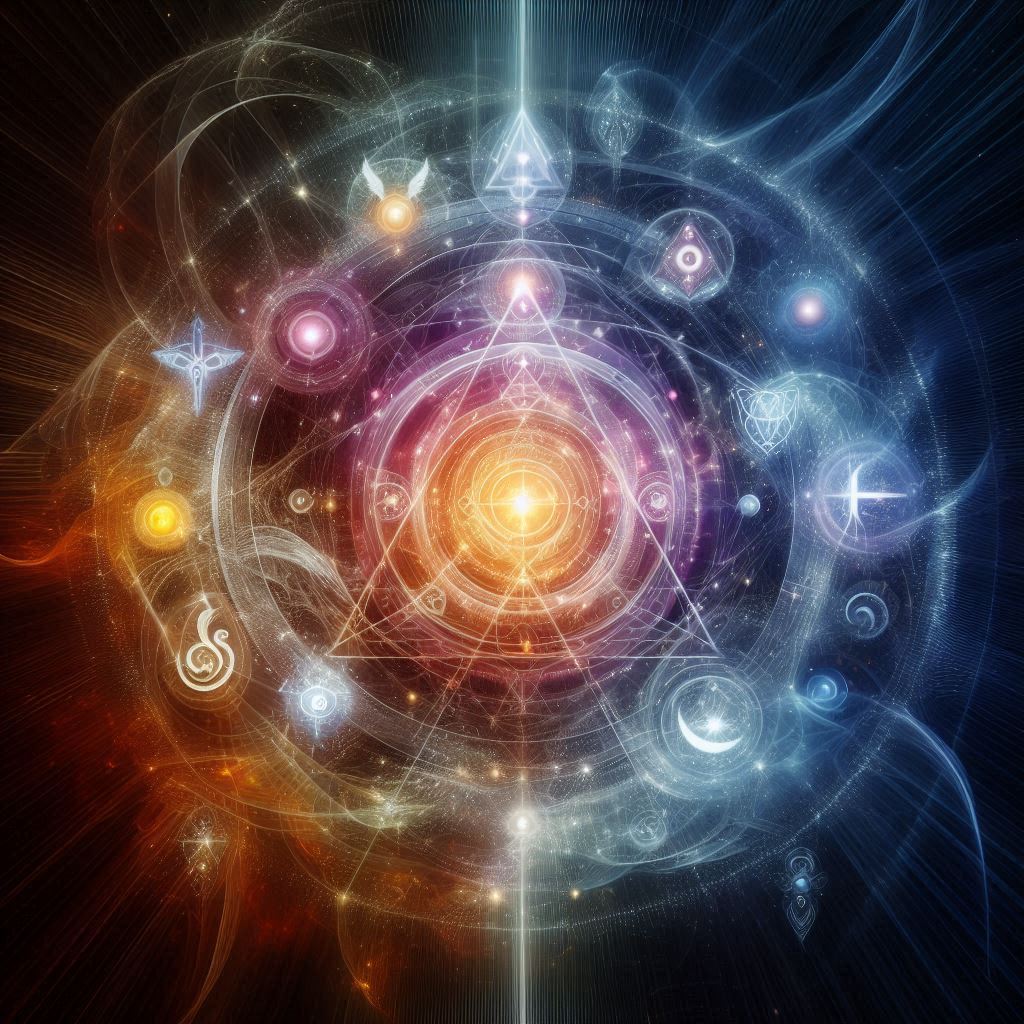The Hierarchy of Divinity and the Pursuit of Liberation: A Clearer Look
The conundrum of Many Gods
Major revealed scriptures, including those of Hinduism, unequivocally emphasise the existence of One Supreme Brahman. However, they also mention numerous gods and goddesses, some considered inferior to the three primary deities – Brahma, Vishnu, and Mahesh. Regrettably, people often fail to comprehend this hierarchical structure within the spiritual realm.
Misdirected Faith:
Many believers have strayed from the true essence of religion, prioritising their material desires over spiritual growth. They often elevate any deity who fulfils their worldly wishes to the status of “Supreme Truth God,” thus distorting the concept of unity amidst diversity. Despite professing unity, their beliefs remain fragmented.
Missing the Goal: Lost in Cycle
Furthermore, a significant portion of followers fail to utilise religion as a means for attaining true liberation (Mukti) or breaking free from the cycle of birth, death, and Karma. Instead, they seek rebirth as humans to serve their chosen deity, viewing it as a noble aspiration. However, aligning such desires with scriptural teachings reveals a misalignment with the path to eternal salvation.
Religion, intended as a tool for liberation (Mukti) and escaping the cycle of rebirth, gets misused. Instead of seeking escape from Karma, some believers pray for a favourable human rebirth to serve their chosen deity further. While this might seem like a noble wish, Prannathji suggests it contradicts the scriptures’ path to true liberation and eternity.





